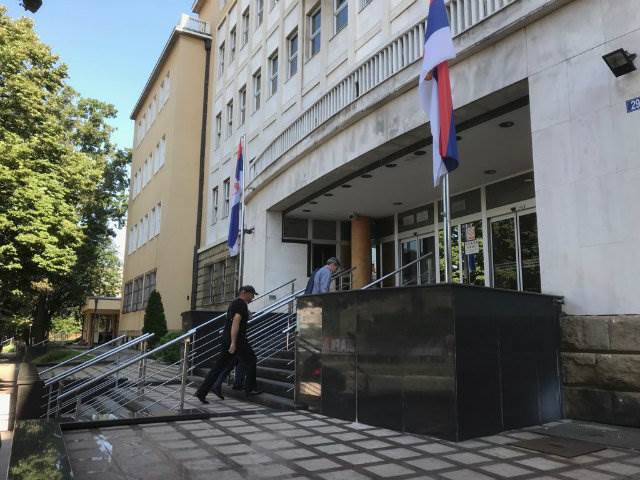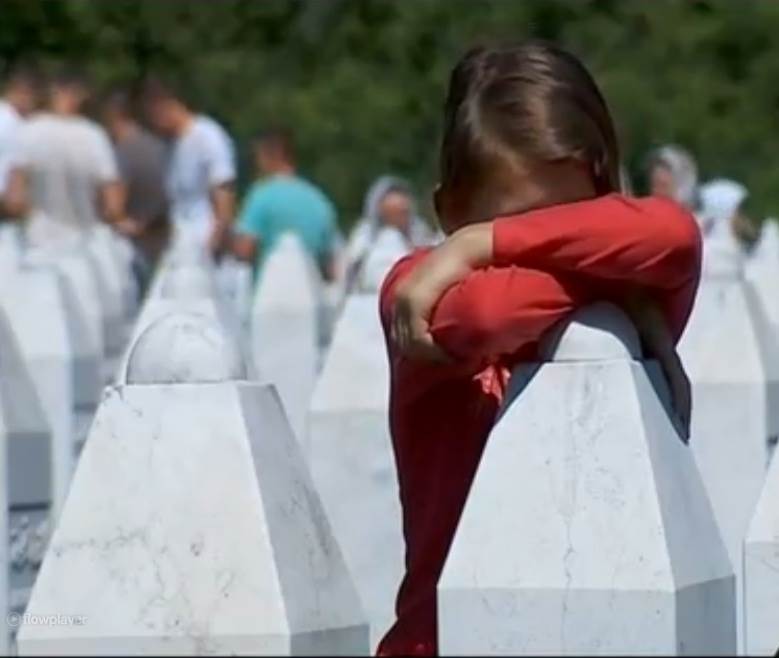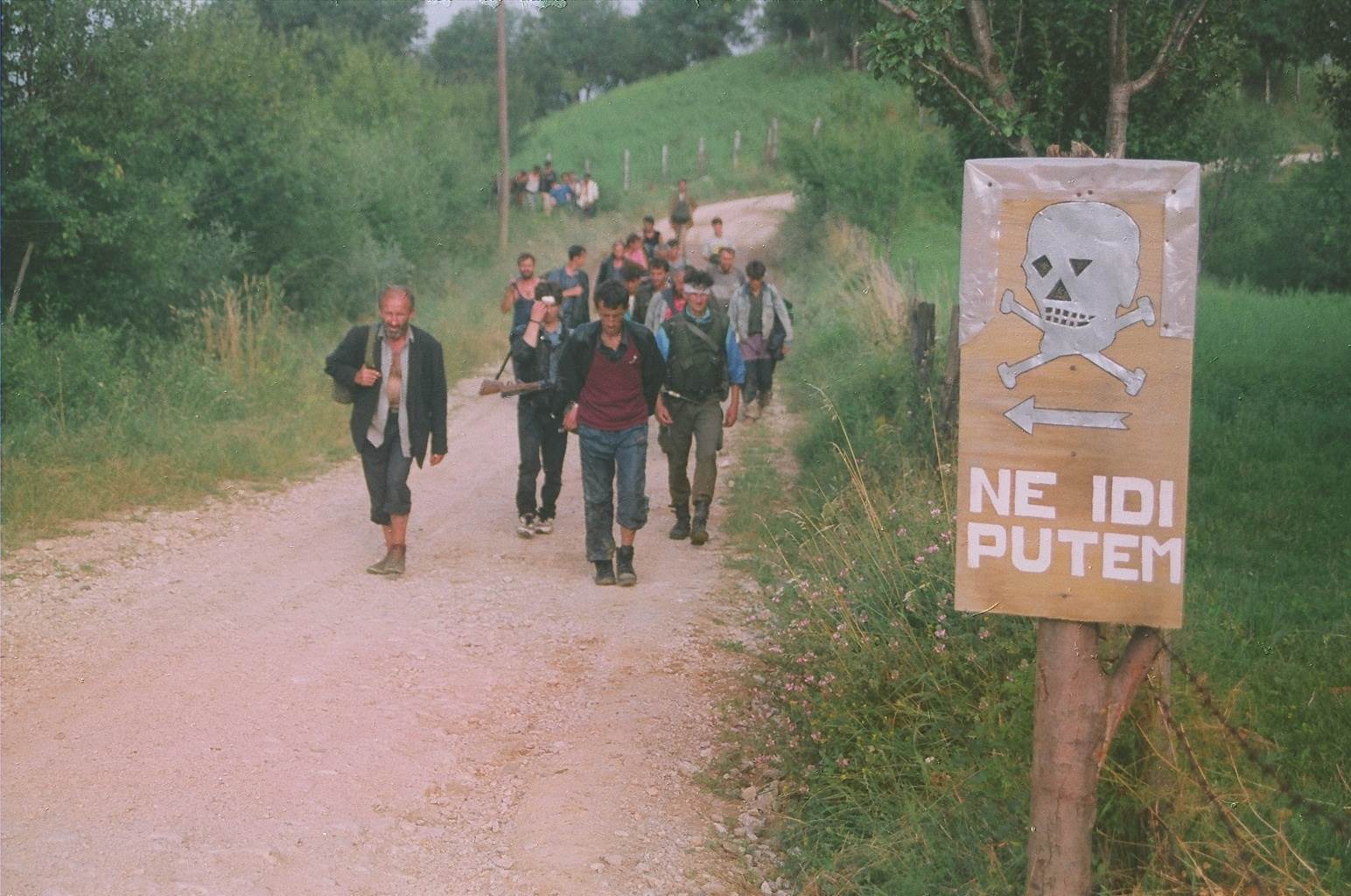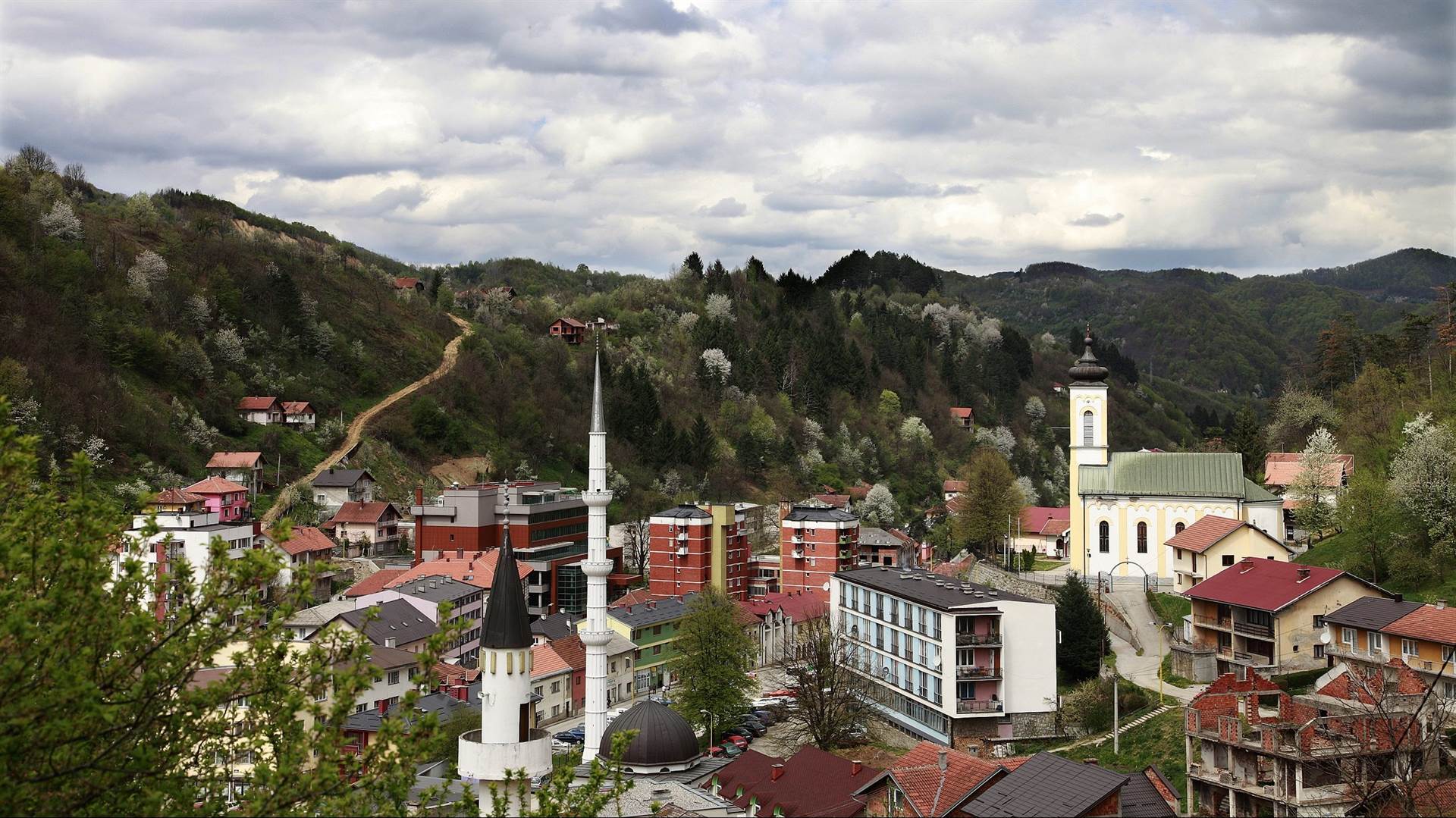The Mechanism for International Criminal Tribunals, MICT has agreed to remove three judges from the appellate procedure in the case of the former Bosnian Serb Army commander Ratko Mladic.
Twenty-five years ago, an NGO began giving bereaved and traumatised Bosnian women a helping hand.
The UN court in The Hague said it plans to hand down the final verdict in December this year in the trial of former Bosnian Serb President Radovan Karadzic, who...
A protected witness told the court at the landmark trial in Belgrade for the Srebrenica killings how he witnessed the mass shooting of Bosniak men in a hangar in the...
Over 30,000 Bosnians gathered at the Srebrenica Memorial Centre to commemorate the 23rd anniversary of the genocide and pay their respects as 35 more victims were buried.
Denial of the Srebrenica genocide must end, unprosecuted perpetrators must be tried and schoolchildren must be taught the truth about the massacres in July 1995, says Dunja Mijatovic, the Council...
As the anniversary of Srebrenica approaches, Bosnian journalists recall how the shocking scale of the atrocities slowly became clear in July 1995 as information trickled out and the first eyewitnesses...
As the anniversary of Srebrenica approaches, Bosnian journalists recall how the shocking scale of the atrocities slowly became clear in July 1995 as information trickled out and the first eyewitnesses...
A truck carrying the remains of 35 Srebrenica genocide victims passed through the Bosnian capital ahead of their reburial on the anniversary of the massacres, with locals honouring the dead...
Ahead of the 23rd anniversary of the Srebrenica massacres, questions have been raised about whether the verdicts so far are logical, because some commanders have been convicted of less serious...









